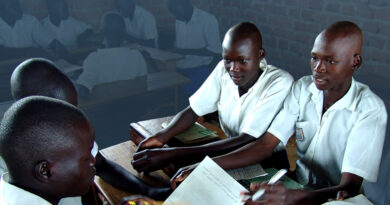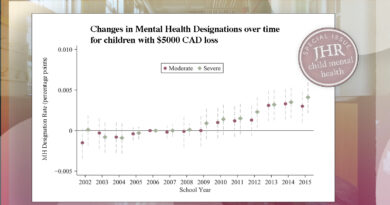Nonbinding Peer Reviews Can Improve Team Effort and Productivity
Working in teams presents many advantages, from knowledge sharing to technological complementarities, but also a major drawback—individuals may be tempted to let others do the work, a phenomenon known as “free-riding.” In a recent study, Kristian Behrens (Université du Québec à Montréal) and Matthieu Chemin (McGill University) examined groups of students assigned a multi-week group project in order to find a successful strategy for motivating team members.
An extensive literature in economics, management science, and other fields has found free-riding to be a first-order phenomenon that impedes the proper functioning of teams. An equally large literature has tried to find solutions to make teams work. One popular solution is to rely on peer reviews. Peers rate their own teammates, and rewards or sanctions are administered based on these reviews. Recent evidence shows this solution is in fact detrimental. Team effort decreases after such systems are put in place, probably because they destroy team spirit.
In this research, Behrens and Chemin investigated and tested a new solution: nonbinding peer reviews. Peers anonymously rate their teammates, but these ratings are nonbinding in the sense that they are not explicitly linked to any rewards or sanctions. The rationale is that effort should increase if people dislike being observed as shirkers, and team spirit will not suffer since the reviews do not lead to sanctions. But, since these reviews do not fundamentally alter underlying incentives, it is unclear whether they work.
Their field experiment showed that nonbinding peer reviews increased effort and team productivity and did not decrease worker morale. Interestingly, the system works especially well with low-achieving students in low achieving teams where the traditional forces of peer effects are absent. The system is easy and costless to implement. They conclude that peer reviews should not be binding, but they should be an integral part of teamwork, be it at work or at school.
Read the full study in the Journal of Human Resources: “Nonbinding Peer Review and Effort in Teams: Evidence from a Field Experiment,” by Kristian Behrens and Matthieu Chemin.
***
Kristian Behrens is at Université du Québec à Montréal, Canada. Matthieu Chemin is at McGill University, Canada.




